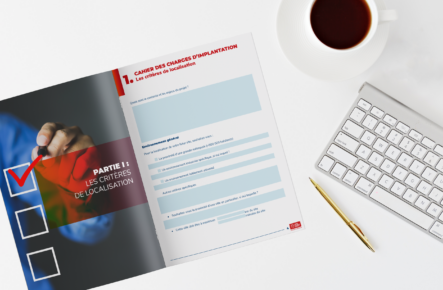Don’t limit yourself to a few quantitative criteria
Choosing the site for your new venture is a sensitive decision that can shape the medium- and long-term growth of your business. It’s essential to take a big-picture view that includes all the keys to success and all the risk factors.
Quantitative criteria can be reassuring, but it’s a mistake to stop there.
Corporate tax rates, cursory wage data, promised subsidies, and preconceptions about the flexibility of labor laws don’t guarantee that your new venture will succeed.
If you don’t have a solid familiarity with your future environment, you can easily make the wrong choice.
Don’t overlook risk factors
When you’re looking for the ideal site, it’s easy to focus on the keys to success. But it’s important to keep an eye on risk factors too.
For example: did all of the companies that located in the UK consider the threat that Brexit posed to their business?
Common risk factors include:
- Political or social instability in the host country
- Changes in European, national or local regulations
- Inadequate supply of qualified employees
- Logistics risks
- Unexpected financial costs
Don’t get too many people involved in the decision
If your team is too big, you risk slowing down the process and making decisions more complex.
Without agility, your project can easily get bogged down.
It’s better to rely on 2 or 3 deeply involved people who know how to work with your local partners.
Don’t rush into any decisions
You can’t afford to let your project get bogged down—but don’t go overboard in the other direction either. Choosing the site for your new venture demands careful consideration, grounded in qualitative and quantitative data.
Take the time to gather all the information you need to make a decision on all of your potential destinations.
Then enter the data into your decision matrix to give each candidate site a score. By following this rigorous methodology, you minimize the risks of failure.


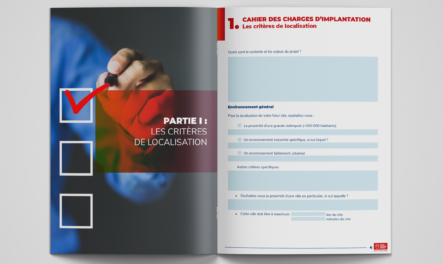
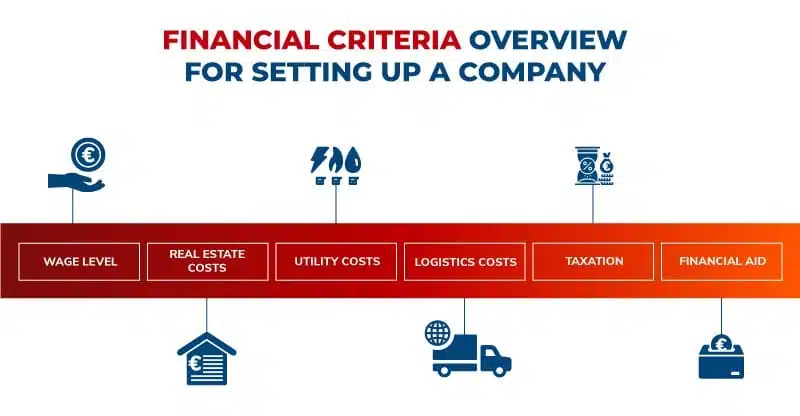
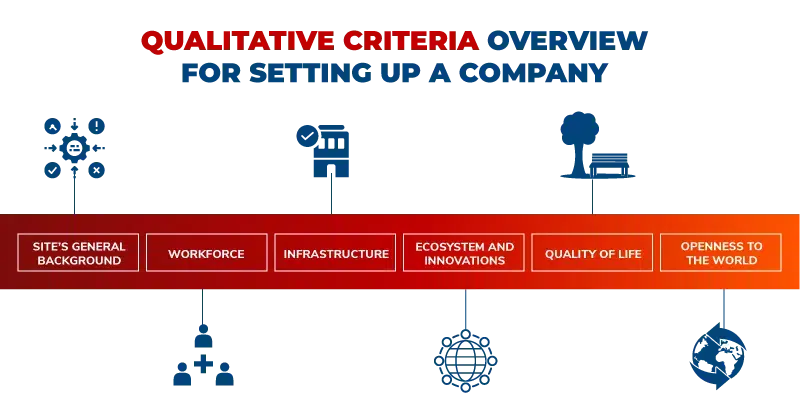
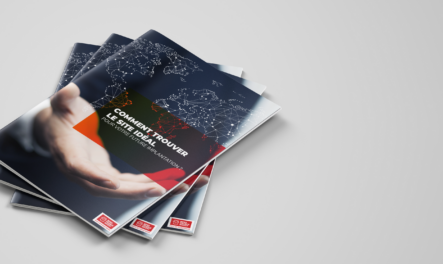
![[TEMPLATE] How business location specifications can make or break your new venture](https://www.nordfranceinvest.com/wp-content/uploads/2024/01/mockup-cdc-site-ideal-ouvert-bureau-fr-aspect-ratio-443-290.png)




